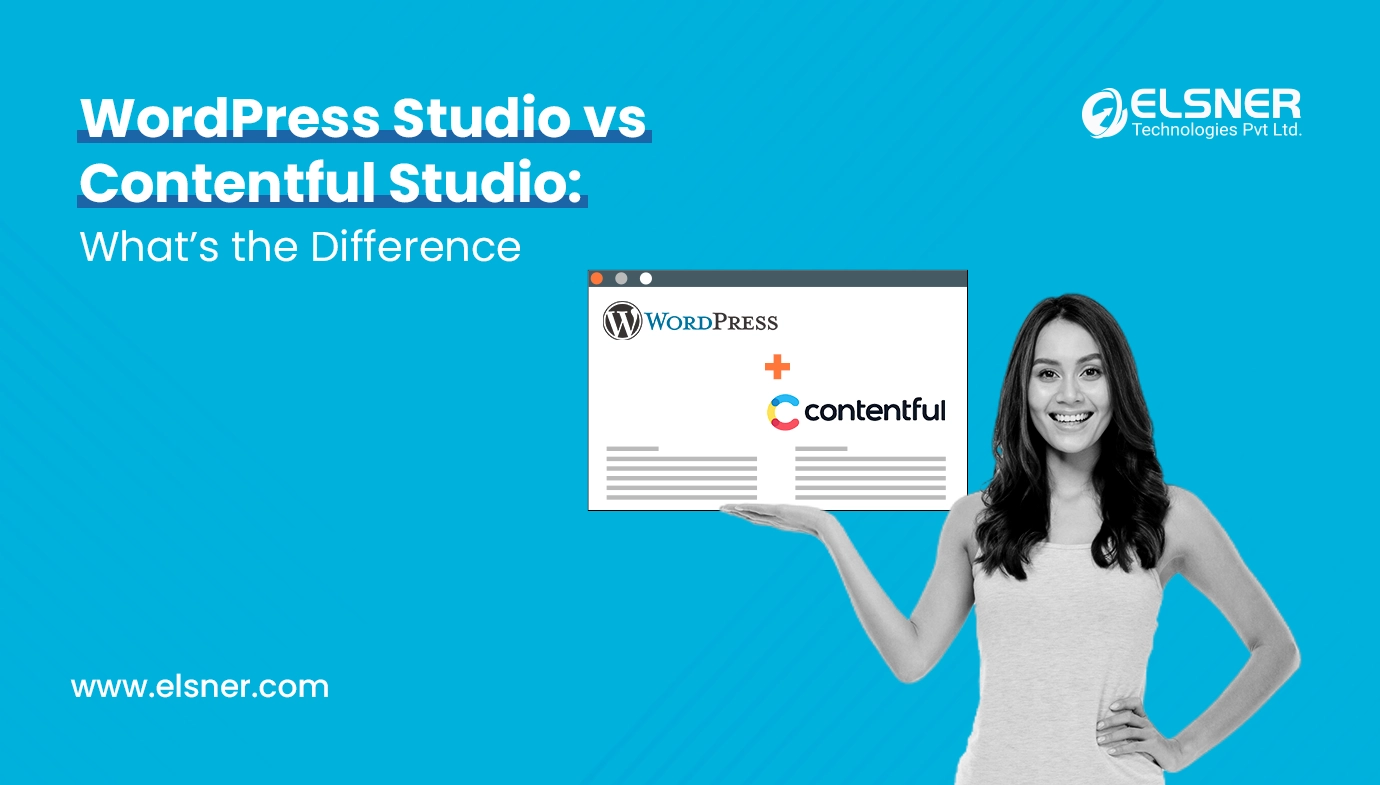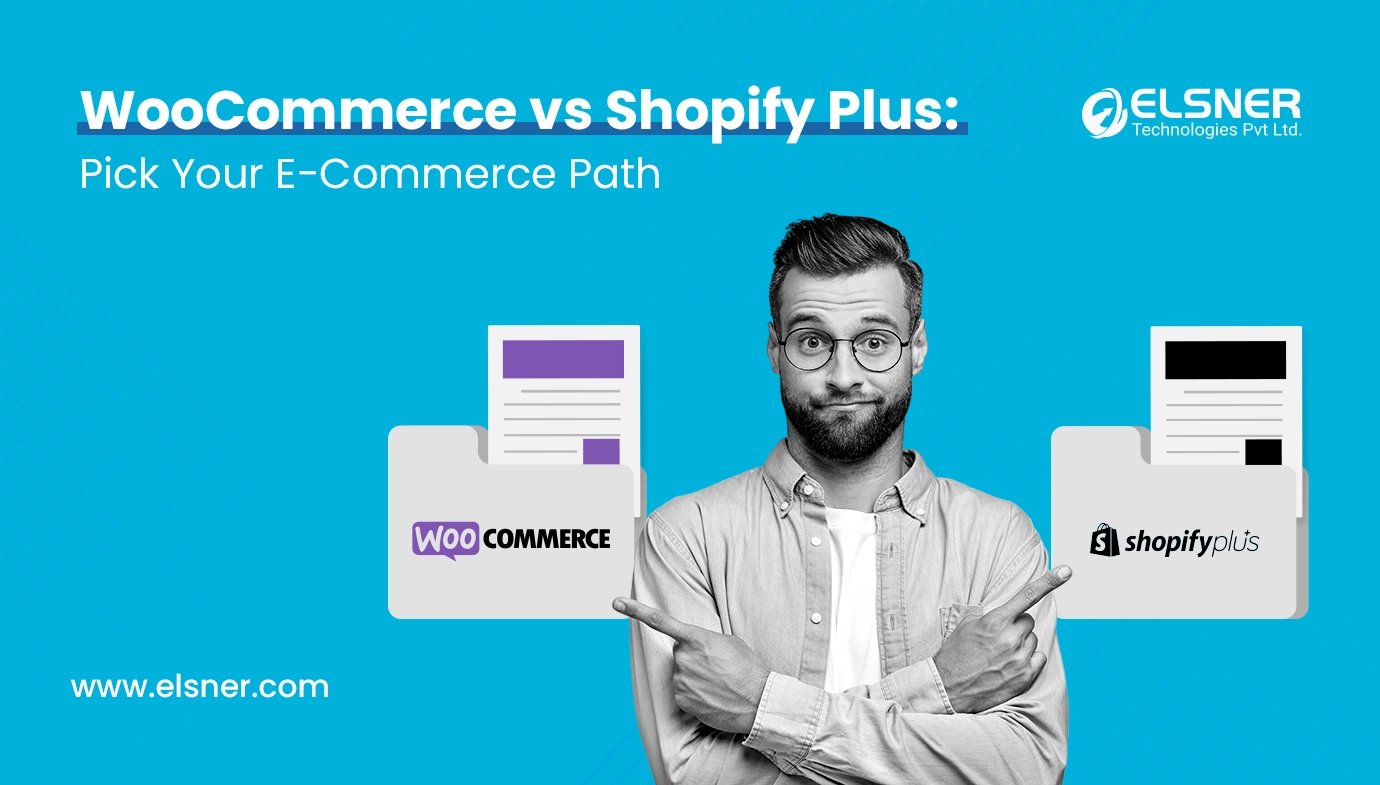- What are the Basic Differences Between Salesforce and Zoho CRMs?
- What Offers Better Value for Smaller Businesses?
- How are the Features of Zoho vs Salesforce CRM Compared?
- 1. Lead & Deal Management
- 2. Omnichannel Support
- 3. Automation & Process Management
- 4. Customization Flexibility
- 5. Reporting & Analytics
As you know, managing the customer relationships in a business comes with great complications. But, when you stumble upon the right CRM solution, things can turn out to be a bit easier. For instance, managing customer interactions and handling the operational workflows will be more effective.
In the race to be accountable as the best CRMs, Zoho and Salesforce have been the two popular names dominating the market. But at the same time, the debate of Zoho vs Salesforce among businesses to decide on what’s the best CRM for them is also in heat. So, it’s time to turn down that heat and give you some clear verdicts on this debate.
In this article, you shall get a clear insight into how both Salesforce and Zoho CRM solutions function to help your business grow. Following that, you will get a verdict on what’s better for your needs.
What are the Basic Differences Between Salesforce and Zoho CRMs?
Zoho and Salesforce CRMs have a plethora of products for businesses to handle their operations with ease. In the arguments associated with Zoho vs Salesforce, some of the basic differences for you to begin with are:
Zoho offers you a simple yet capable solution for managing astounding customer relationships at a reasonable price. On the other hand, Salesforce CRM is a very premium version with complex features and a high price.
Zoho is ideally suited to handle the issue and task management attributes optimally, whereas Salesforce isn’t proven user-friendly in handling specific use cases revolving in the management arena.
Both Salesforce as well as Zoho have additional products in their CRM that the users are free to integrate to expand their abilities.
What Offers Better Value for Smaller Businesses?
Zoho CRM boasts that its key strength is the cost of its service offerings when compared to Salesforce. Pricing surveys are done on Zoho and Salesforce CRM. As a result, when considered upon being used for one user, Zoho charged $40, whereas Salesforce charged $165 for its enterprise-level services.
It concludes that you save around 76% of your money upon choosing Zoho CRM over Salesforce CRM. For all the smaller businesses or budding startups, there’s often the need for a standard CRM that can do almost everything moderately. And Zoho attends to that need in an optimal manner.
Starting from importing data and designing workflows to reporting and automation, Zoho has held onto its reputation in the market. Not only that, but as far as lead nurturing and management are concerned, Zoho offers you the flexibility of using these CRM features. All the necessary tools that a startup business would need for managing the sales cycles are available with Zoho, which includes:
- Email templates
- Custom dashboards
- Workflow Automation
- Campaign analytics
- Multiple sales pipelines, etc.
With the high-tier Zoho CRM plans, more automation tools are introduced to help you with better project management and marketing. Moreover, you will be able to help you with better customization capabilities, dynamic reporting, business intelligence, and others.
On the other hand, Salesforce comes with high pricing for providing you with the standard features of Zoho, such as lead or contact management, custom reporting, or others. Even with the high pricing for the Enterprise level plan of Salesforce, it still lacks some of the most required features for small businesses.
Therefore, most business owners prefer Zoho development services over Salesforce!
How are the Features of Zoho vs Salesforce CRM Compared?
When talking about Zoho vs Salesforce for choosing the right CRM, it is very crucial to count on their features and how they differ from one another. When choosing a CRM, it is very important to ensure it has some important features to handle your usual sales activities with utmost ease.
Moreover, the CRM should also empower you with the latest technologies, such as advanced analytics, AI, and journey orchestration. So, to help you find an answer amidst the debate between Zoho and Salesforce, let’s talk about their feature differences:
1. Lead & Deal Management
The lead management functions of Salesforce enable you to use only the basic or standard tools for capturing, qualifying, and nurturing the leads. Following that, Salesforce also tends to fail with respect to delivering some major lead management functions.
Zoho CRM, on the other hand, comes with a very comprehensive set of tools that is destined to help businesses manage their leads effectively. With this, capturing, nurturing, and converting the leads is very easy. For all the sales representatives who keep traveling for work, there’s a Zoho mobile application to help them scan business cards, take voice-to-text notes, and other such features.
With this, tracking or utilizing the lead information is quite easier over Zoho CRM than that of the Salesforce CRM.
2. Omnichannel Support
Salesforce CRM integrates with Gmail and Outlook to enable sales representatives with the ability to sync required information to the CRM directly from the email inbox. However, Salesforce doesn’t offer any kind of native live chat support, and you are requested to buy an additional SKU to fill this feature gap.
If you want to leverage the potential of social media by monitoring customer activities over the channels, connecting diverse accounts, analyzing various reports, or responding to posts, you will need to integrate a different plugin over Salesforce.
On the other hand, Zoho CRM will enable you to connect with customers through diverse channels. Moreover, all the sales representatives can feel empowered upon being able to have meaningful and contextual communication with the customers, as they will have access to all the important information while they engage.
Zoho CRM comes with bundled social media and live chat integrations, which makes it better than Salesforce CRM for connecting with leads over the website as well as the social media handles.
3. Automation & Process Management
Salesforce CRM enables you to make use of the workflow rules for assigning tasks, sending email alerts, and updating fields when certain conditions or requirements are met, as per the set algorithm. However, as per the reviews or feedback from the business owners, the workflow builder is now considered outdated and is no longer intuitive.
Salesforce does allow you to automate various parts of the overall sales processes, but the CRM platform doesn’t extend its support for macros. With Zoho CRM, you will be able to automate the regular sales routines using workflows. The intuitive UI and drag-and-drop builder will make it easier for you to visualize, edit, and construct the workflows as per your needs.
Zoho Blueprints will further help you develop repeatable and scalable sales processes. They are conducted with an easy-to-use drag-and-drop builder alongside macros that are available across all the editions of Zoho CRM.
4. Customization Flexibility
In the comparison of Zoho vs Salesforce, you must know that both CRMs offer similar customization features. But the difference lies in the usability of those features! With Salesforce CRM, it is quite difficult for you to configure the custom features, as there are no built-in provisions for the layout rules.
It means if you intend to create any dynamic layout that you intend to change based on the entries made by the sales reps, you must either integrate any third-party tool or seek help from a Salesforce development company for implementing code-based resolutions.
On the other hand, Zoho CRM comes with a bottom-up rule of customization and has a plethora of options to count on. The available customization options will help you retrofit the CRM platform to meet the needs of your sales team.
With this, you will be able to customize your page layouts, build custom modules, create dynamic layouts, and do a lot more things. And you don’t have to hire specialists or technical experts for the same!
5. Reporting & Analytics
One thing that’s evidently making people refrain from using Salesforce CRM is its inability to create any analytics component before creating any report. Thus, it takes a lot of time for the sales team members to create specific analytics components, like comparator or others.
Zoho CRM is integrated with pre-built reports and dashboards, which allows users to schedule their reports easily. Within this platform, Zoho offers you with the capability of running an in-depth analysis of the lead data alongside the performance of sales representatives.
All of it is done through diverse analytics options such as target meters, comparators, and KPIs.
Final Verdict
If you have been thinking too long about Zoho vs Salesforce, this article might have helped you get clarity on what’s better on which fronts. Both Zoho and Salesforce have their own level of sophistication and advantages. But, as far as the convenience of use and accessibility are concerned, Zoho CRM is quite better than that of Salesforce CRM.
Scalability and complexity are the two vital differences between these two options! Upon use, you will also find Zoho CRM to be more user-friendly than that of Salesforce, especially in the arena of task tracking and issue management. So, if you are still finding yourself confused between the two, it is better to take the help of our expert developers to understand what’s best for your business!

About Author
Pankaj Sakariya - Delivery Manager
Pankaj is a results-driven professional with a track record of successfully managing high-impact projects. His ability to balance client expectations with operational excellence makes him an invaluable asset. Pankaj is committed to ensuring smooth delivery and exceeding client expectations, with a strong focus on quality and team collaboration.





